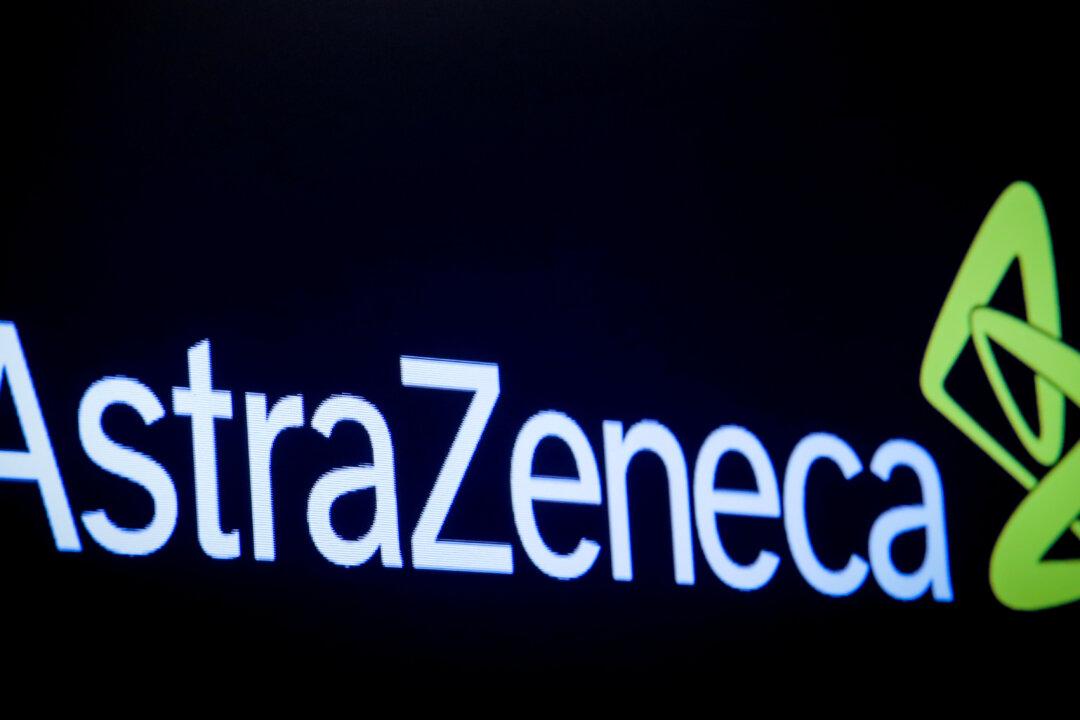AstraZeneca said on Sept. 9 that there is “no final diagnosis” for the single COVID-19 vaccine trial participant who has developed a “potentially unexplained” illness, causing the company to temporarily halt for the second time its late-stage Phase Three trial for its vaccine candidate.
A spokesperson for the company said in a statement Wednesday that reports claiming to be made by AstraZeneca’s CEO, Pascal Soriot, saying that he confirmed the participant presented adverse symptoms are “incorrect.”





